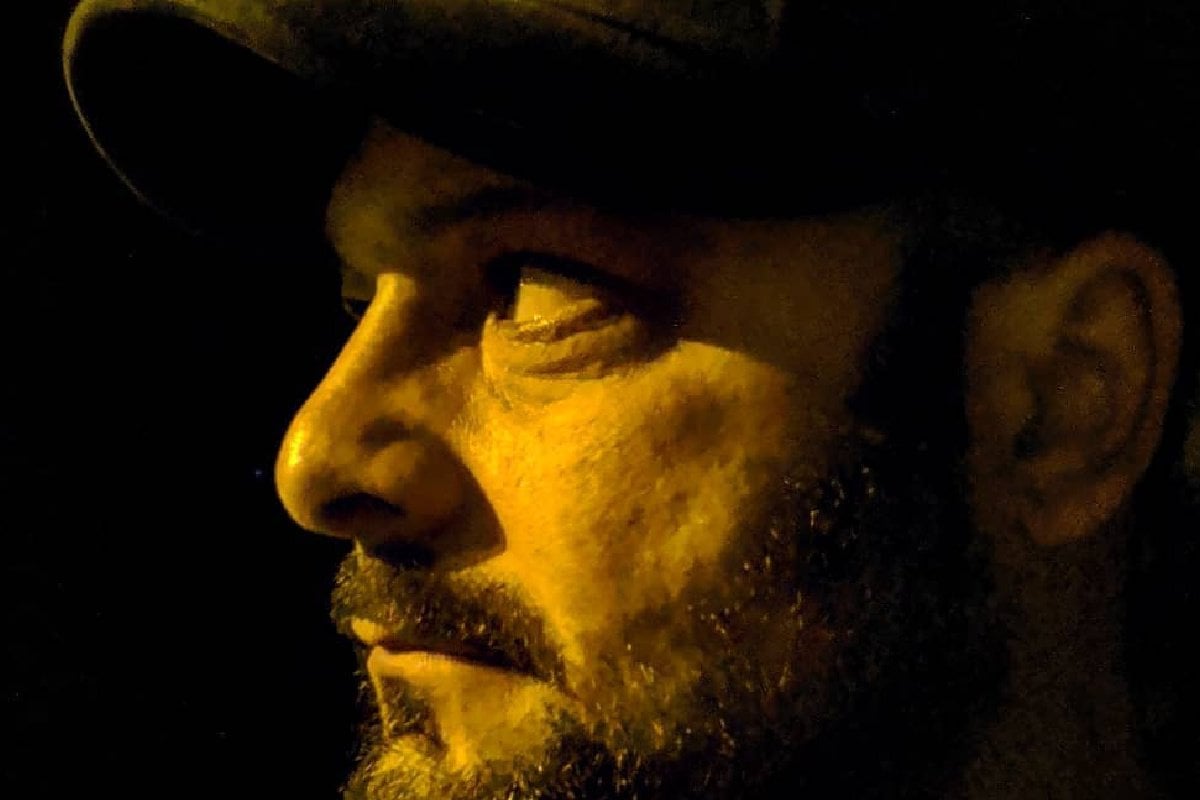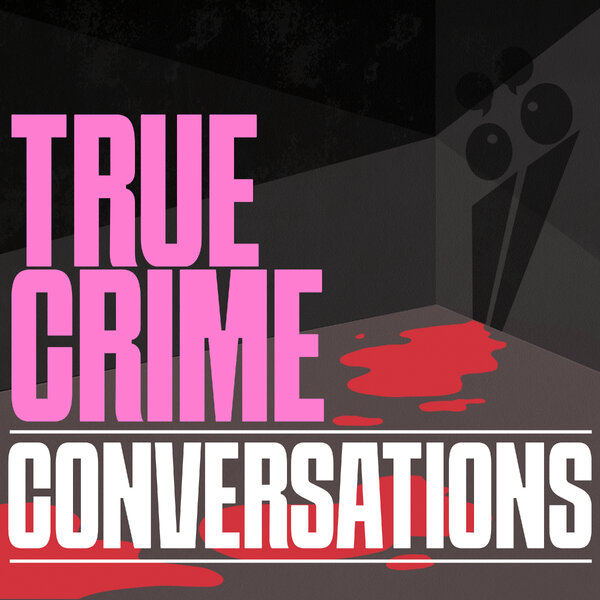
In 1987, at the age of 14, Christian Picciolini was recruited into the neo-Nazi movement in America where he would remain for the next eight years.
The son of Italian immigrants - who were the victims of prejudice themselves when they came to the United States in the 1960s - it wasn't racism that initially drew him in.
As Picciolini told Mamamia's news podcast The Quicky, "The ideology isn't the first draw, although it remains the glue once you're there. Instead, it's a search for identity, community and purpose and what I call a combination of life's potholes that we encounter. Things like trauma, abuse, loss, grief, poverty. Even privilege can be a pothole if it keeps us too separate from humanity."
Listen: To Christian Picciolini on The Quicky. Post continues after podcast.
In Picciolini's case, he grew up feeling abandoned by his parents who were always out late working three jobs to keep the family afloat, and had been bullied for years at school.
The former neo-Nazi still remembers the conversation that started it all.





























































































